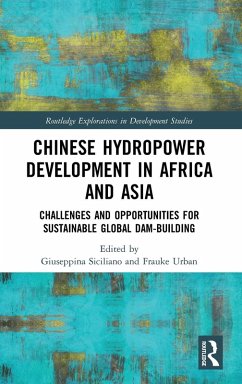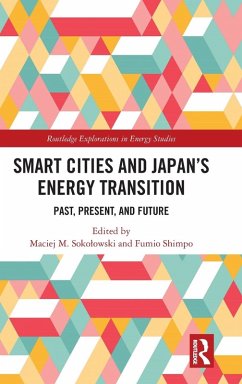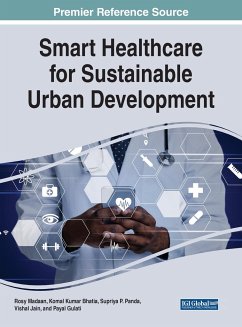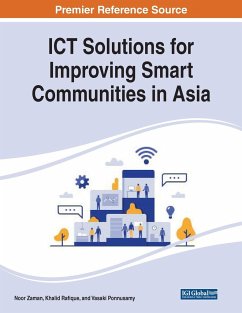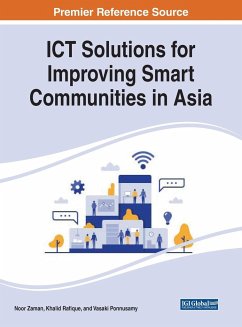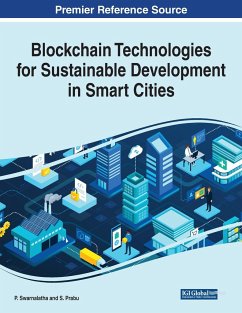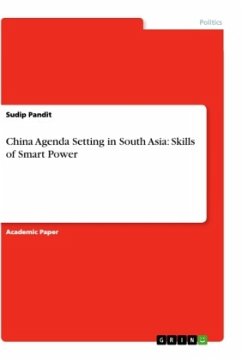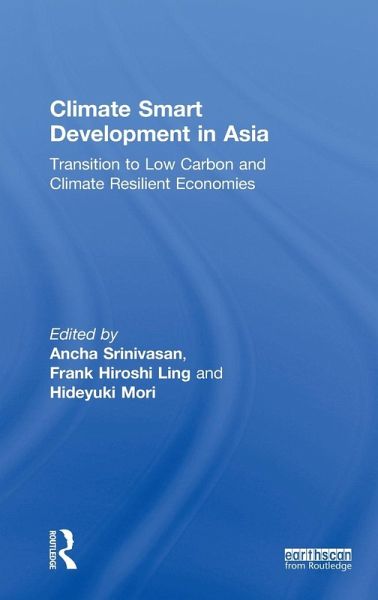
Climate Smart Development in Asia
Transition to Low Carbon and Climate Resilient Economies
Herausgeber: Srinivasan, Ancha; Mori, Hideyuki; Ling, Frank

PAYBACK Punkte
95 °P sammeln!
The future of China, India and Asia's other emerging economies and their ability to take a 'low-carbon' and 'climate-resilient' development path determine the future of global carbon emissions and climate change. The transition to a low-carbon, climate-resilient economy (LCE) may be regarded as the world's fourth revolution, after the industrial revolution, agricultural revolution, and the information revolution. This book is the first to look at the neglected aspects of LCE and attempt to integrate both market-based and technology-based solutions into a comprehensive strategy to creating a ro...
The future of China, India and Asia's other emerging economies and their ability to take a 'low-carbon' and 'climate-resilient' development path determine the future of global carbon emissions and climate change. The transition to a low-carbon, climate-resilient economy (LCE) may be regarded as the world's fourth revolution, after the industrial revolution, agricultural revolution, and the information revolution. This book is the first to look at the neglected aspects of LCE and attempt to integrate both market-based and technology-based solutions into a comprehensive strategy to creating a roadmap for LCE in Asia.







